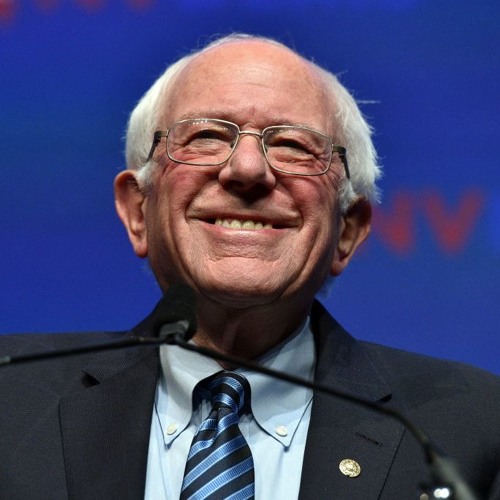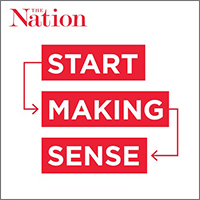 Listen HERE
Listen HERE
Capitalism is broken – that’s why socialism is on the agenda for 2020. Katrina vanden Heuvel explains – she’s publisher and editorial director of The Nation.
We also look back at some of the big events of 2019, and some of our favorite interviews, starting with the terrorist attacks by white nationalists, in El Paso and elsewhere. Historian Kathleen Belew says they are NOT isolated events carried out by loners; in fact they are connected, the work of a movement, with tens of thousands of active members.
Also 2019 of course has been the year of impeachment — historian Rick Perlstein has comment and analysis. 12/24/19





 Listen
Listen  Listen
Listen  Listen
Listen  Listen HERE
Listen HERE
